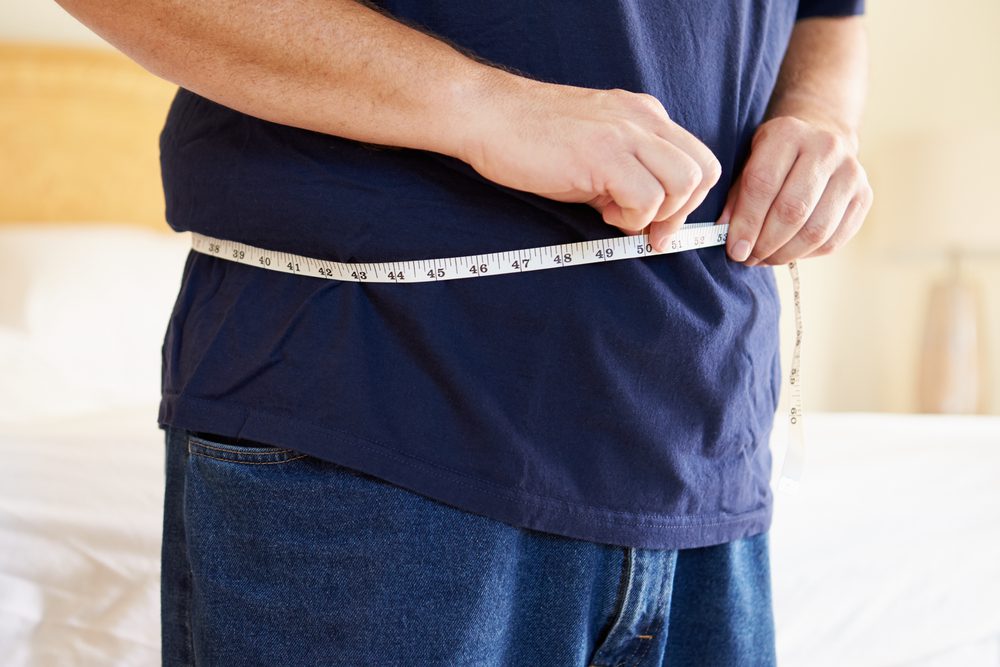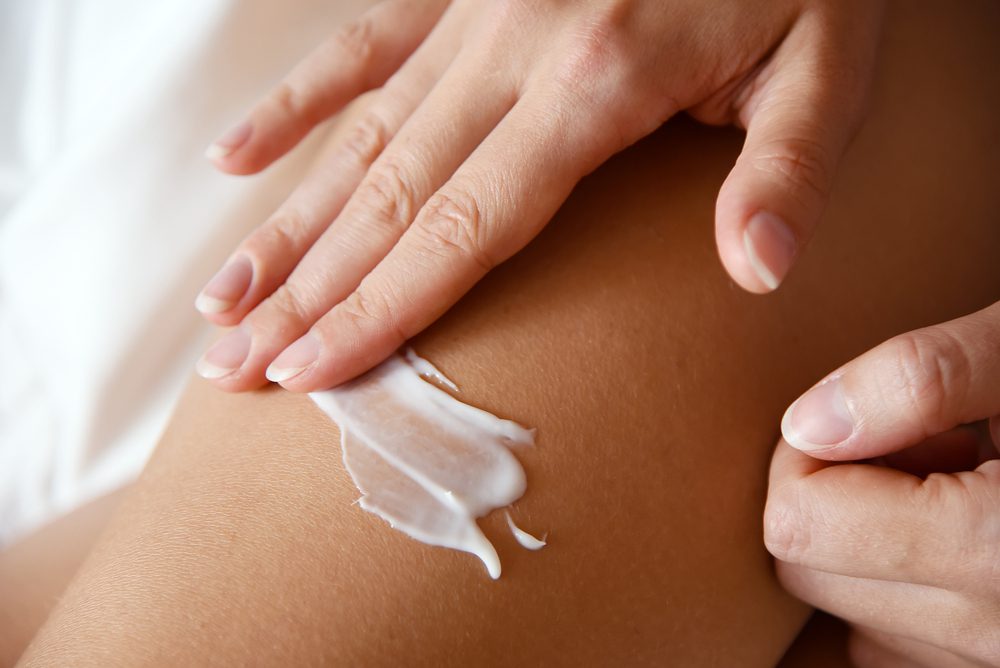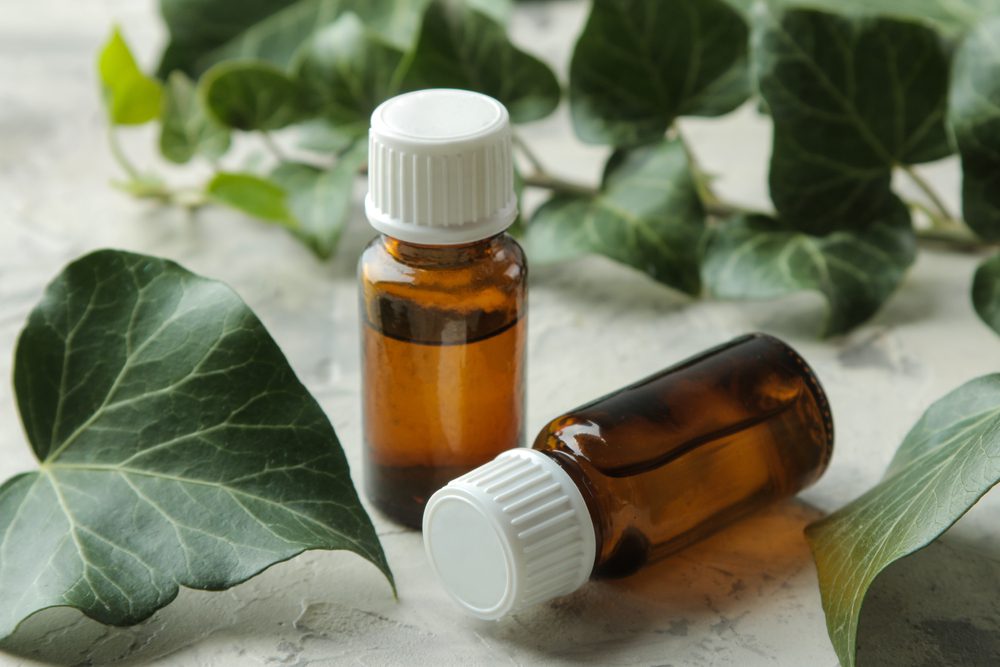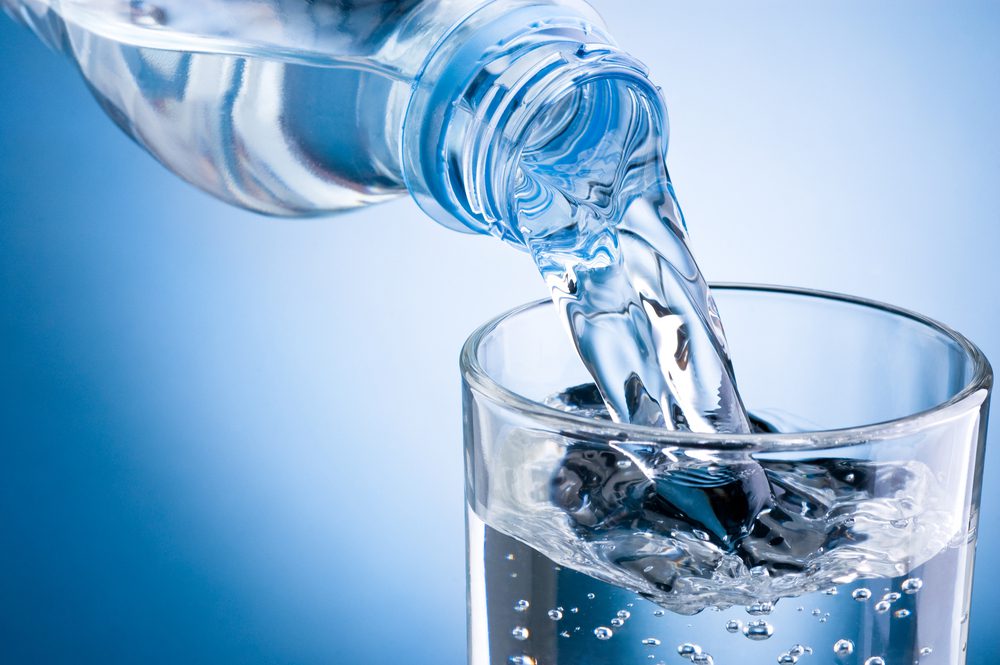Have you been counting calories every day, tracking all your macros, hitting the gym, getting at least 8 hours of sleep, drinking more than 8 glasses of water, and you are still not seeing the number on the scale going down?
Even though it seems like you are doing things absolutely right and it is unfair that you are not seeing the progress you are looking for, the truth is that it is not your fault. Those extra pounds that you hate might stay with you due to a slower metabolism.
Your metabolism is the process by which your body consumes energy for basic functions in your body, such as your brain function, heartbeat, and breathing.
Your metabolism is responsible for burning the food and turning it into fuel, so no wonder why it seems like those who are blessed with a faster metabolism can eat as much as they want, compared to those who have a much slower metabolism, and need to be mindful about everything they are putting into their bodies.
Here are 10 of the most important signs which may indicate that you have a slow metabolism. If any of these “symptoms” are related to your actual condition, it is better to pay your doctor a visit, because you might have some health issues you didn’t know about.

1. You gained a few pounds
The first thing people who have a slow metabolism experience is sudden weight gain. If you’ve been watching your diet, your sleep schedule, and exercising constantly, but the number on the scale has increased, it might be due to your slow metabolism.
Mashfika N. Alam, MBBS and general practitioner at Icliniq, said that sometimes women blame their extra pounds on their increased food intake. She added the fact that this can be associated with hypothyroidism, which can make the basal metabolic rate go down, due to the fact that there is a lack of thyroid hormones. These are fundamental to the metabolic activities of the body.
2. It’s not easy for you to lose weight
Even if you are adopting a healthy and balanced lifestyle, you are working out on a regular basis, doing both cardio and strength training sessions, you are not making as much progress as you would like to.
This may be because of your slower metabolism, resulting in difficulty to lose weight or even maintain the actual physique. You can try and switch up your routine, in order to not let your body get used to something, and see if that works for you or not.
…Continue reading to find out if you are among the people who suffer from a slow metabolism!
3. You are constantly feeling tired
Because your body is using energy at a slower rate, you will feel tired more frequently. According to Heather L. Hofflich, DO, endocrinologist and professor of medicine at UC San Diego, weariness is the most prevalent indication of a sluggish metabolism. This means that your fatigue could be a sign of having a slow metabolism.

4. Your skin feels constantly dry
Your cells aren’t as active as they should be when you have a slow metabolism, which implies they aren’t getting enough blood. “When the skin is deprived of essential nutrients, it loses its sheen,” Dr. Alam explains. You also don’t sweat as much as usual as your body seeks to conserve heat. Your skin may get dry and damaged as a result of this.
If you want a quick fix for this, you can apply moisturizer to your body every day or you can opt for coconut oil if you want something more natural and rich.
5. You crave carbs and sugar
In conformity with Caroline Cederquist, MD, a practicing bariatric specialist in Naples, Florida, and author of The MD Factor Diet, a sluggish metabolism is frequently connected to insulin resistance.
She continued by saying that insulin resistance is a common metabolic disorder in which your cells are resistant to the action of insulin, a hormone produced by your pancreas that dictates the way your cells consume energy. If your body is insulin resistant, you will more likely have a slow metabolism.
A constant need and desire for sugar and carbohydrates is one indicator of insulin resistance. The expert says that if your body doesn’t use insulin effectively, your cells won’t be able to absorb the glucose in your body. This will lead to you looking around for items that are high in sugar and carbs, such as sodas, cookies, cake, fries, and pastries.
The problem is that the more sugar and refined carbs you consume, the more difficult it is for your body to metabolize them, and the more likely you are to gain weight, experience energy slumps, and feel tired.
6. Irregular bowel movement
Do you have a hard time going to the bathroom?
A slow metabolism might affect other bodily functions, such as how frequently you use the restroom. A slower metabolism means a slower bowel transit time” as Dr. Susan Besser says. Food takes longer to pass through the gastrointestinal system and digest correctly, which will result in having a hard time going to the bathroom.

7. You are always feeling cold
Hypothyroidism causes you to be cold all of the time, and it also slows down your metabolism. If you’re always feeling the shivers down your spine, it’s likely that your thyroid and metabolism aren’t working as well as they should.
The metabolic activity of the body generates heat, according to Dr. Alam. She claims that a slow metabolism can result in a drop in core body temperature, which is another indicator of hypothyroidism.
Usually, people who are diagnosed with this health condition adopt a certain lifestyle and also diet, in order to reach their fitness and wellness goals.
8. You are feeling depressed
This might come as a surprise because depression is one of the most popular health conditions that people can experience nowadays. Because hypothyroidism slows down the way your body functions properly, it’s no wonder that your mood can suffer from it as well. A slow thyroid, and hence a poor metabolism, has been associated with depression.
…Feeling depressed? Don’t blame yourself, blame your slow metabolism!
9. You can experience a slow pulse rate
If you’ve discovered that your heartbeat is slowing down, it might be due to the fact that you have a slow metabolism. In conformity with Dr. Alam, a healthy and balanced metabolism is directly proportional to your pulse rate.
This means that if your metabolism is more sluggish, your heart rate will be the same.

10. You are frequently experiencing migraines
Headaches are caused by many things, such as the flu, a cold, an accident, being tired, stressed, lack of sleep, and many other things. The same thing can happen if your thyroid hormones are not balanced, because a thyroid that is not active enough, will lead to headaches and even big migraines.
…Migraines can feel like they’re ruining your life! They can also be causing a slow metabolism! Make sure to talk to your doctor if you’re among those who suffer from frequent migraines!
TAKEAWAY
What do you think about these 10 signs that indicate having a slow metabolism? Have you ever experienced any of them? If yes, what did you do to make sure that you are still reaching your fitness and wellness goals?
We are curious to find out more about your experiences. Do you have a slow metabolism? If you do, make sure to let us know about all of your experiences by leaving a comment in the section down below!
If you enjoyed reading this article, we have plenty more just like it! Make sure to check this one out as well: 10 ‘Healthy’ Habits That Are Damaging Your Teeth!





